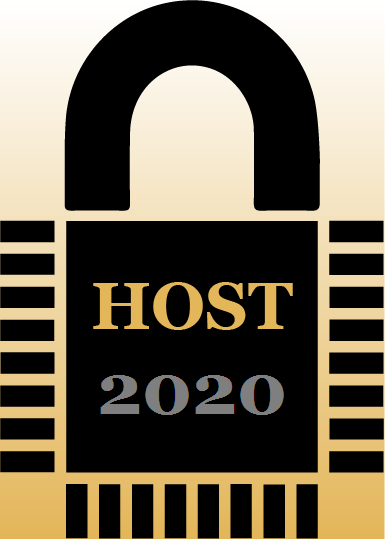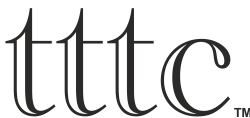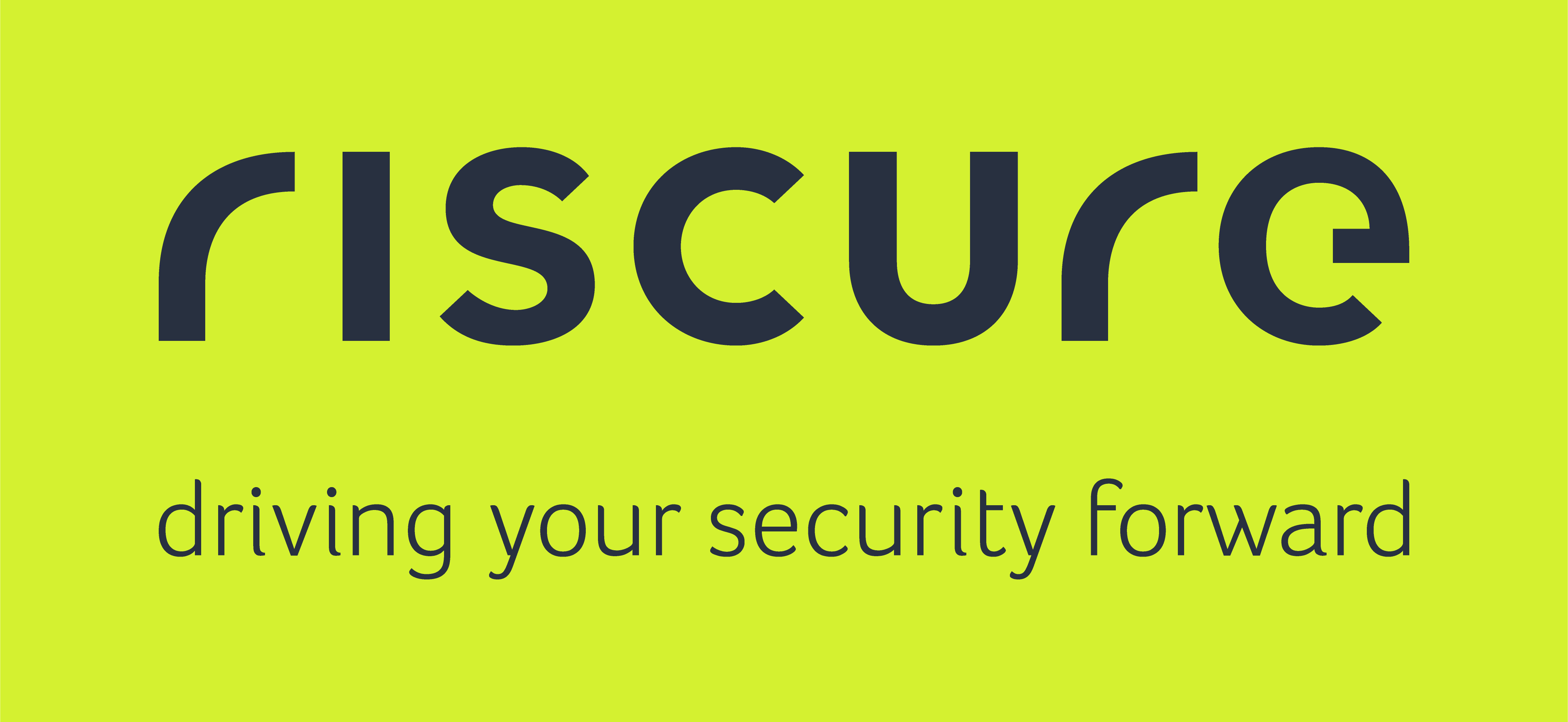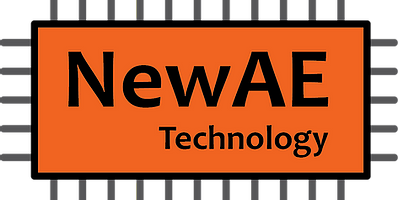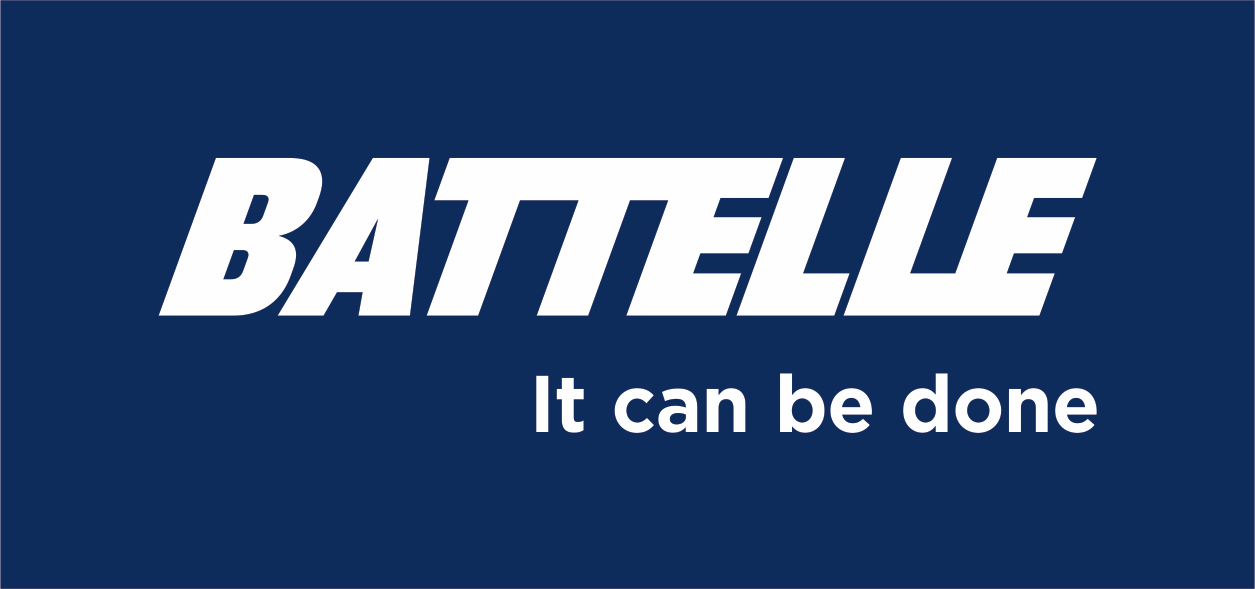IEEE International Symposium on Hardware Oriented Security and Trust (HOST)
HOST 2020 Hardware Demonstration Proposal Guidelines
To accommodate several requests from research communities, the conference organizing committee has decided to extend the submission date till January 31, 2020. Please submit your hardware demo proposals as soon as possible. We are looking forward to seeing you all in San Jose, CA at HOST 2020.
IEEE International Symposium on Hardware Oriented Security and Trust (HOST) will include a special session which allows students and faculty to present tech-transfer based research through a hands-on hardware demonstration. A set of booths configured with tables and easels will be provided to allow students to set up laptops and small hardware configurations, such as FPGAs, RFID readers, power supplies, etc. Multiple sessions dedicated to hardware demonstrations will be scheduled into the program. Hardware demonstrations can also be carried out between sessions during coffee breaks, before and after lunch, and during the evening receptions. Participants are required to assemble and display a poster which summarizes and illustrates concepts as well as provides extensive results beyond what is possible to reproduce on-site.
Demonstration Areas
The focus area of the hardware demonstration must be related to hardware-level security and trust, which includes a broad range of topics many of which are listed in the HOST call-for-papers.
Guidelines
- The submission deadline for the hardware demonstration proposal is January 31, 2020. The results will be announced on February 15, 2020. The HOST website should be consulted for any changes in the proposal deadline.
- Proposals are limited to two pages in length and must be submitted through EasyChair (https://easychair.org/conferences/?conf=host2020). Hardware demonstration chairs Fareena Saqib (fsaqib at uncc.edu) and Adam Kimura (kimura at battelle.org) should be contacted for questions.
- Proposals should include a ½ to 1 page description of the research, with references provided to previously published papers (if available).
- The remainder of the proposal should describe the nature of the demonstration and present content such as but not limited to: graphics showing the experimental setup and required equipment, the specific features of the research that will be targeted in the hardware demo, a description of the observables, and what the audience would expect to see.
- The main components of the proposal must be included as components of the poster that will accompany the hardware demo.
- Proposals will be evaluated and selected based on the novelty of proposed research and demonstration as well as the clarity and completeness of the description, including figures that depict the hardware prototype and other design representations that are appropriate to the core contribution.
- A set of judges will evaluate the hardware demonstrations during the HOST meeting and the top three will be selected for awards. Students must be prepared to present their demonstration, their results and any discussion related to the poster in a short time interval. The judging time interval will be announced in an email prior to the HOST meeting. In the past, judges have been asked to restrict their discussion time on any given hardware demonstration to as little as 5 minutes so students should prepare a very concise presentation for the judges, as well as a longer one for attendee discussions.
Scholarship Opportunity
Students associated with hardware demonstrations which are selected for HOST 2020 will have the opportunity to apply for a travel scholarship to reimburse hotel costs.
Student Hardware Demonstration Contest
A committee of judges will evaluate each hardware demonstration at HOST. The top two student demonstrations will be given an award. The criteria used by the judges to evaluate the demonstrations will be based on the following:
- Technical Difficulty: How challenging is the demo to perform? What is the level of complexity?
- Execution: How smooth is execution of the “live” component of the demo? Does it work?
- Impact/Usefulness: Does the demo impact other areas of research or solve an open problem?
- Creativity/Uniqueness: How unique was the demo? Has it been seen at HOST before?
- Poster Quality and Presentation: How clearly does the poster and presentation communicate the demo and technical material?
- Overall Demonstration Quality: What is the wholistic quality of the demo?
Important Dates
January 31, 2020: Deadline for hardware demo proposals
February 15, 2020: Notification of acceptance
Submission Site: https://easychair.org/conferences/?conf=host2020
Contact Information
HOST Hardware Demo Co-Chairs: Fareena Saqib and Adam Kimura
E-mail: fsaqib at uncc.edu
E-mail: kimura at battelle.org
